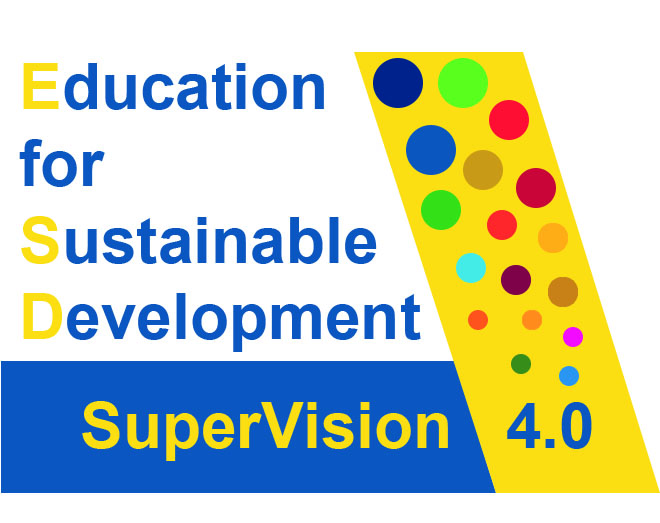ESD Curriculum Framework
The document emphasizes the crucial role of education in promoting sustainable development and equipping learners with the necessary knowledge, skills, and attitudes. It argues that education should go beyond the mere transmission of information and focus on developing competences that enable individuals to understand and address complex sustainability challenges.
The document highlights the need for a holistic approach to education that integrates environmental, social, and economic dimensions of sustainability. It stresses the importance of interdisciplinary thinking, as sustainability issues are often interconnected and require a multidisciplinary perspective. Education should encourage critical thinking, problem-solving, and creativity to enable learners to analyze and find innovative solutions to sustainability problems.
Furthermore, the document emphasizes the importance of promoting values and attitudes that support sustainability, such as empathy, responsibility, and respect for diversity. Education should foster a sense of global citizenship and encourage learners to take action for a more sustainable future.
The document also emphasizes the need for transformative education that challenges existing norms and practices. It calls for a shift towards more participatory and experiential learning approaches that engage learners in real-world sustainability issues. Education should empower individuals to become agents of change and contribute to sustainable development in their communities.
The document acknowledges the role of technology in education and highlights the potential of digital tools and platforms to enhance learning experiences and facilitate collaboration and knowledge sharing. However, it also emphasizes the importance of ensuring equitable access to technology and addressing potential risks and challenges associated with its use.
In conclusion, the document underscores the importance of education in promoting sustainable development and calls for a comprehensive approach that goes beyond knowledge acquisition. It emphasizes the development of competences, values, and attitudes that enable learners to understand and address sustainability challenges, and encourages transformative and participatory learning approaches. By equipping learners with the necessary knowledge and skills, education can play a vital role in creating a more sustainable and equitable future.
